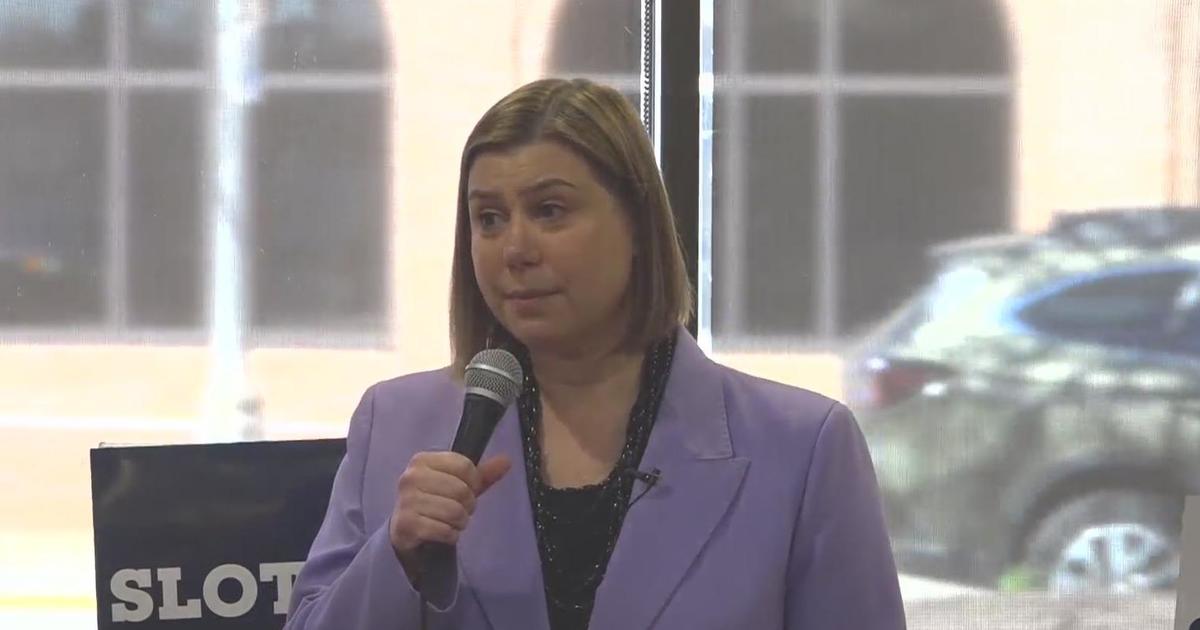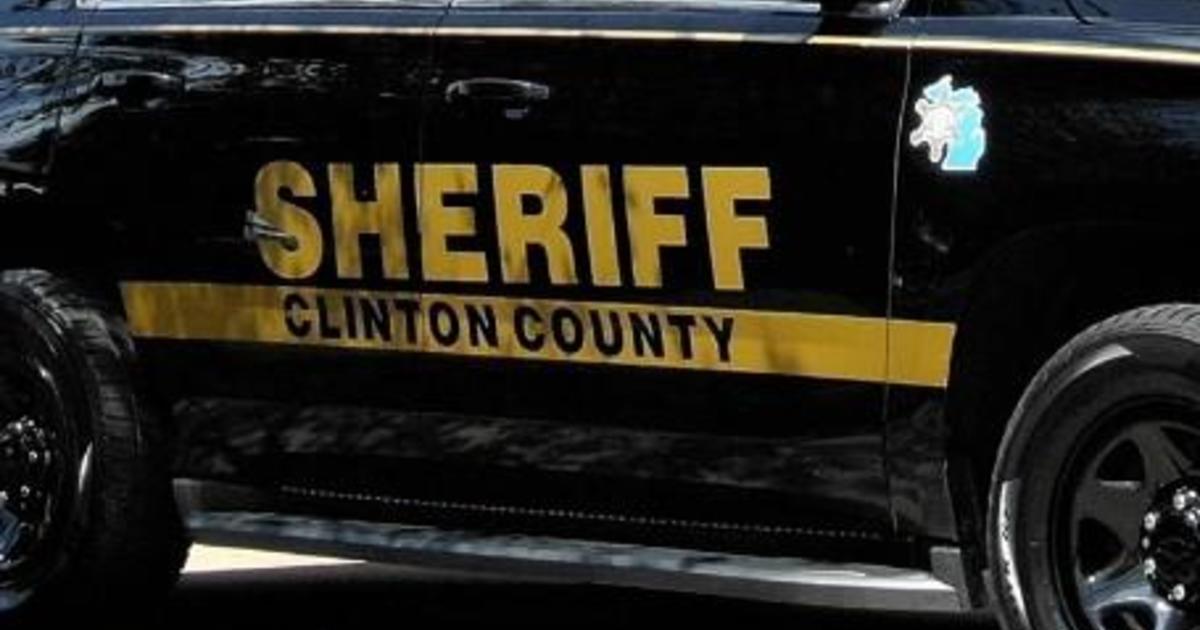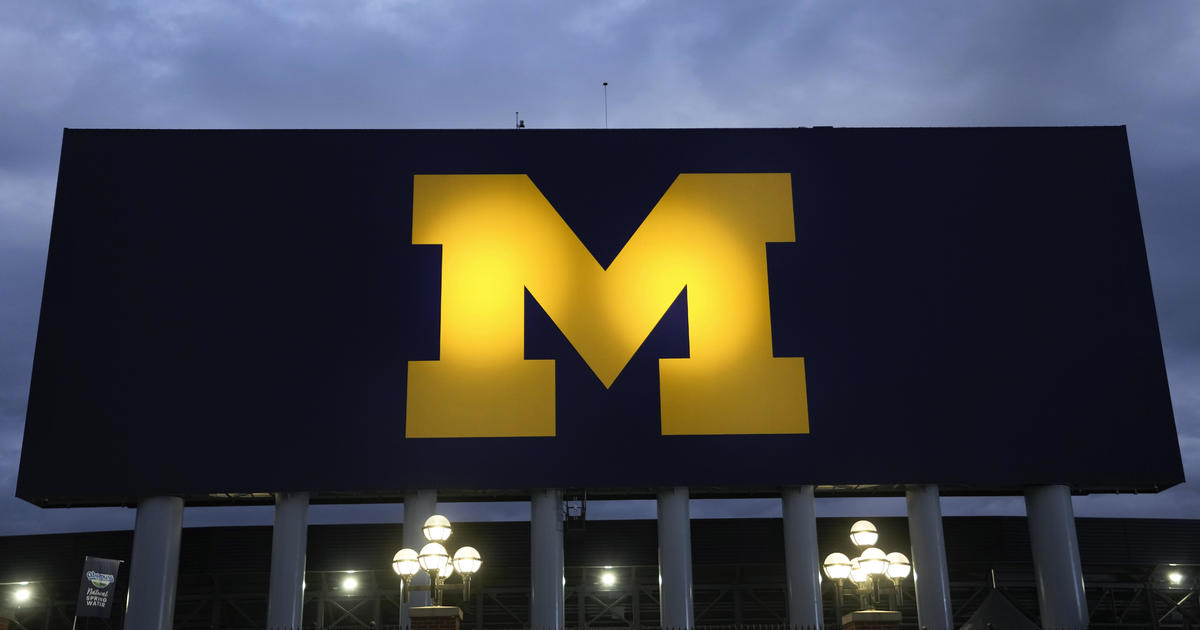Debate Still Lights Up Over Michigan Smoking Ban
LANSING (AP) - Some state lawmakers are trying to burn holes in Michigan's two-year-old smoking ban, which has cleared the air in public places and enjoyed public support but contributed to cash-flow problems at some bars.
An amendment added to a budget bill by one lawmaker this past week would stop enforcement of the ban at longtime charitable fundraising events. A Senate bill introduced last year would allow smoking in enclosed, separate rooms and outdoor patios of eateries.
Neither is a done deal. But for the senator who sponsored the exemption tucked into the Michigan Department of Community Health's budget proposal for the next fiscal year, it's less about lighting up than letting up on regulation he never cared for in the first place.
"Philosophically I'm opposed to the smoking ban," said Sen. Howard Walker, a Traverse City Republican who sought to help a Catholic charity in his district that raises tens of thousands of dollars through an annual cigar dinner.
"I think these decisions should be left up to the property owner or the employees or the patrons," he said. "Given my philosophy and also the need of our local charity to raise money for the most needy in our community, that's why I introduced it."
Senate Democratic Leader Gretchen Whitmer of East Lansing criticized both the short- and long-term goals of Walker and other Republicans in the majority who are behind efforts to ease restrictions. She called his amendment a "misuse of the budget process to achieve a temporary fix for his friends," but knows the aim isn't to stop there.
"We are going to see an effort to undo the restrictions on smoking in establishments in Michigan," Whitmer said. "We've seen a number of bills introduced by Republicans already."
The partisan bickering underscores broader differences within the general public and business community for the law that took effect in May 2010 and bans lighting up in most Michigan workplaces and public buildings, including bars and restaurants. It made Michigan the 38th state to enact some sort of smoke-free law.
The law comes with some notable loopholes. Gambling floors at Detroit's three casinos are exempt. So are the state's casinos run by Indian tribes, which aren't subject to the state law. Cigar bars and tobacco specialty shops that meet certain criteria also are exempt.
The ban has broad public support but certainly has caused fissures among tavern operators, many of whom say it's costing them money because of decreased business. A Macomb County judge last year said parts of the ban are "confusing" and tossed out a fine levied against a bar owner who claimed patrons should be allowed to smoke in his establishments as they can in Michigan's casinos. But he denied the bar's bid to have the ban declared unconstitutional.
Oakland County Executive L. Brooks Patterson filed a legal challenge against the state a couple weeks before the ban took effect, seeking state money to help pay for enforcement of what he called an unfunded mandate. Patterson dropped the suit after just a few hours because his office was flooded with calls and emails from residents supporting the smoking ban.
Orlando Todd, a manager of the state health department's tobacco program, said officials have found a high compliance rate among food establishments and complaints are usually resolved.
"The majority of businesses are very cooperative," he said.
The health department also conducted air-monitoring studies in 77 restaurants statewide both before and after the ban took effect and found levels of secondhand smoke pollutants dropped by 93 percent.
A state Treasury Department issued a report in December that found the smoking ban reduced activity at taverns, specifically sales tax collections, liquor sales for on-premise consumption and lottery games. Still, the report concludes firm, long-term conclusions shouldn't be drawn from the findings, since they are based on a relatively short time period in the immediate aftermath of the ban taking effect that also represented a "turbulent economic period in the state." And there's no clear trend from the activities from other eating and drinking establishments, such as restaurants, that would indicate the smoking ban has hurt those businesses, the report said.
"It's very hard to attribute when your sales drop - you have to look at so many variables - weather, construction ... our economy," Todd said.
However qualified the findings, they are supported by one Traverse City tavern. Wendy Blodgett, a daytime server for two decades at Brady's Bar, said business was "down huge" the year after the ban took effect. The bar was able to make some improvements by doing more advertising, promotion and by "giving away more for less in order to bring back business," she said.
Blodgett said she can separate the impact of the smoking ban and economy by using the example of a smoking customer. She said when the economy was better he would come in two or three times a week and spend $10-$12 with a $5 tip. When the economy worsened he came with the same frequency but spent $3 and tipped $1.
"When the nonsmoking ban went into effect, he became a once-a-month customer," she said.
On the flip side, she said the bar has gained some non-smoking customers from other restaurants.
"It's taken your non-smokers and spread them out," she said.
Blodgett has no ill-will for the cigar dinner charity getting a special exemption - should it become part of the budget passed into law. She knows some of the men who participate and calls them "elders of our community."
"They used to come in ... but that group doesn't come in anymore," she said. "If they want to have a cigar, I want them to have it."
Two years on, the debate over the ban shows no signs of extinguishing, yet Todd holds on to hope that the law is about more than politics.
"This isn't a Republican-Democrat thing, it's about health," he said



